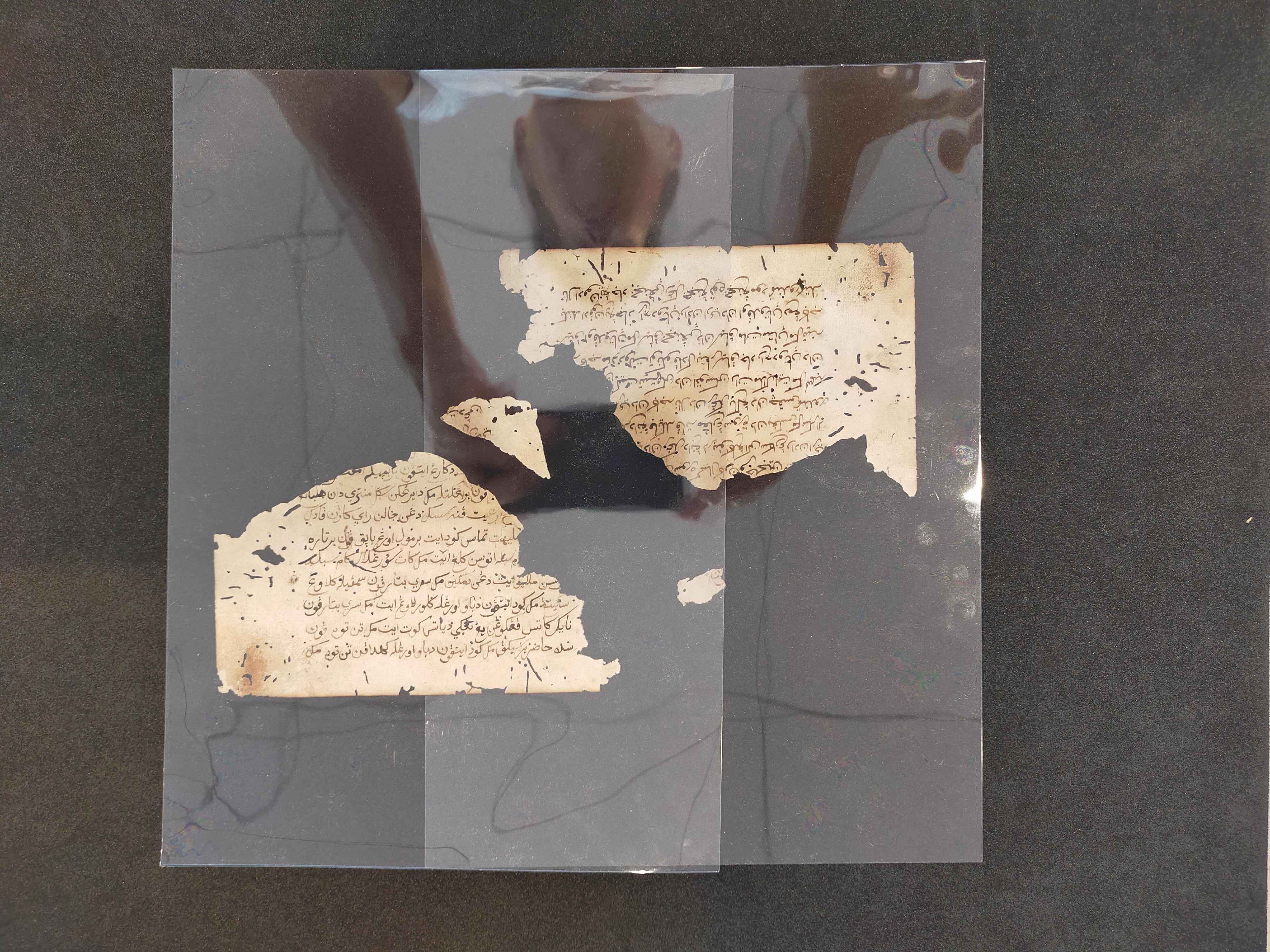
Unveiling Family Secrets: A Journey of Trauma, Love, and Healing



Family stories have a way of shaping our lives, often in ways we don't even realise. Recently, I attended a screening of an independent film called “Home Sweet Home” by Singaporean filmmaker - Megan Wonowidjoyo, a lecturer at the Faculty of Cinematic Arts, Multimedia University in Cyberjaya. The title “Home Sweet Home”, is a poignant reflection of the film's exploration of family, trauma, and the healing power of storytelling.
This film was part of the Freedom Film Fest, celebrating the Freedom Film Network's (FFN) 20th anniversary. After premiering at the festival in Kuala Lumpur, Home Sweet Home was also screened in Johor Bahru, a place close to Megan’s heart as she spent several years there with her family before moving to Singapore, where she grew up.
The Johor Bahru screening was a collaboration between the Freedom Film Network and Engage—an NGO focusing on critical issues like environmental protection and human rights.

By partnering with FFN, Engage helped bring this poignant and powerful story to the screen. FFN aims to develop a sustainable model for social filmmaking, supporting the creation of films that challenge societal norms and push the boundaries of conventional storytelling.
The film is a testament to the director's courage as she fearlessly delves into her family's history, unearthing painful truths and seeking healing.
At the Q&A after the screening, Megan shared her motivation for making the film: confronting the deep-seated traumas that many of us prefer to sweep under the carpet. She bravely recounted how she discovered her mother's hidden past, including a lost love and a heartbreaking separation from her biological mother, who was a maid. These revelations were both eye-opening and transformative, changing how she viewed her mother's seemingly distant behaviour. It was a powerful reminder that our parents' stories are often more complex than we imagine, shaped by experiences they rarely discuss.
Megan revealed after the screening the challenges in making the film, saying, "Sometimes when we hear stories from our parents that are familiar, but there are other stories we don't want to talk about because they are traumas. In experiencing a trauma, the easiest thing to do is to hide it under the carpet, sweep it underneath or close the skeleton (behind the cupboard) and not talk about it. So what I wanted to do, through this film, is to talk about those difficult emotions of trauma."

There was a distance between mother and daughter. Still, as the production of the film progressed, conversations with her mother and three other siblings, Megan revealed that she understood the reason for the distance, and it wasn't because her mother did not love her.
"Sometimes these things are so profound because these patterns happen when you are young. The effects or the consequences as an adult continue, and you don't recognise them, or you don't know that some decisions you made were because of some trauma you had earlier.”
"In making this film, I was hoping to, first of all, bring out the trauma and then, secondly, try to change it, if possible. Maybe not entirely, but it is a step of improvement. It took quite a lot for me to ask her if she favoured my other sisters over me.
"At the end, my mom said, ‘No, I treat you all the same’. I was glad that through this film, I could change the narrative or tell myself that she loves all of us. That was the conclusion”, Megan revealed, “a testament to the power of storytelling to change our perceptions and bring hope.”
Megan’s mother had endured immense hardships, from being neglected as a child to going through a divorce. Similarly, Megan herself faced struggles, feeling unloved and experiencing a divorce at the age of 39—the same age her mother was when she divorced Megan’s father. Now a single mother to two sons, Megan continues to find strength and resilience despite the challenges she faces. Her oldest son, Joel, is 17 and living with autism, while her younger son, Judah, is now 22. Her mother, now 78, suffers from amnesia, yet Megan's courage in sharing her story is inspiring.

The screening of “Home Sweet Home” resonated deeply with the 29 attendees in Johor Bahru, reminding us all that, no matter how painful our pasts may be, healing and growth are always possible. Megan’s journey is a powerful example of the resilience of the human spirit and the transformative power of storytelling.
For more stories of perseverance and advocacy, visit the Engage and Freedom Film Network pages on sokong.org/beneficiaries. Together, we can continue to support initiatives that make a difference for communities across Malaysia. Every small step helps to make a meaningful impact.






